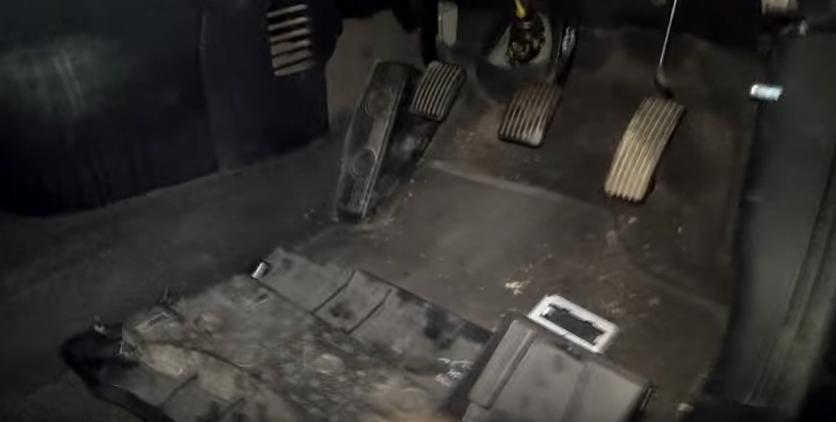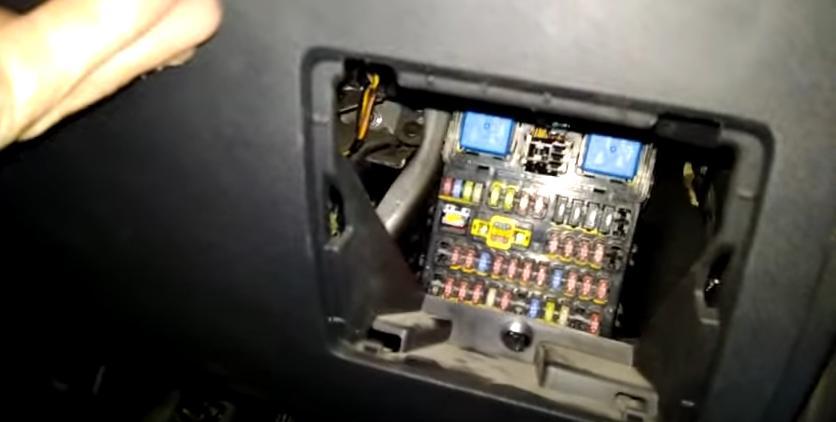Toughness of the clutch can be rough while driving as it is harder for the clutch pedal to be pressed down on, the more power you would require. Below are more or less lists of the reasons why.
Made by: Paresh Gordhan.
Clutch Kit: Why Is My Clutch Stiff?

Damaged clutch cable: this cable needs to have maximum amount of tension for the push and pull motion. This cable is made from steel so that it will last for long periods of time. It assists with the process of changing gears by extending to disengage the clutch.
Damaged master clutch cylinders: usually when a master cylinder is damaged it will leak. Leakage in the master cylinder releases liquid which means that it can no longer build the right amount of pressure.
Air bubble in the hydraulic line: the hydraulic system can’t have any air present because the system works with liquids such as oil, brake fluid and clutch fluid. This line assists with the transportation of the hydraulics to the different components.
Maladjusted clutch linkage: Because the system works with very small tolerances, an error such as a maladjusted clutch linkage could be detrimental to your driving experience. A specific amount of force has to be used when applying the different pedals. It is this linkage which controls that force.
See the full articles original source.
Irregular pedal weight is an additional indication of a possible problem with a corrupt or deteriorating master chamber. If the cylinder develops any interior problems, it will openly impact the texture of the pedal. A leaking cylinder may cause the pedal to feel soppy or springy, and in additional stark cases, will lead to a lever that will drop to the base and stay there when depressed.
Made by: Ed ruelas.
Symptoms of a Bad or Failing Clutch Master Cylinder

One of the first symptoms commonly associated with a potential problem with the clutch master cylinder is low or dirty fluid in the reservoir. Dirty fluid can be caused by the seals inside the master cylinder breaking down due to wear and old age and contaminating the fluid. Aging seals are also increasingly prone to leaks as time goes on. Low fluid may be a symptom of a potential leak somewhere in the system, either at the clutch master or perhaps slave cylinder.
Another symptom commonly associated with a bad or failing clutch master cylinder is difficulty shifting. The clutch master cylinder is hydraulic in nature and is therefore prone to internal leaks that can interfere with it’s ability to properly displaced fluid. If the master cylinder is not able to properly create pressure, it will not be able to disengage the clutch properly when the pedal is pressed. This may lead to grinding the gears when shifting, and possibly even a transmission that pops out of gear.
View the full articles original source.
An issue such as this must be tested and repaired instantly. This kind of issue can go on for years and numerous individuals only respond to it when it intensely affects their driving. And for your body repair needs we at Guanella will take care of it for you.
The post A Closer Look At Clutch Issues appeared first on Exceeding expectations since 1978.
No comments:
Post a Comment